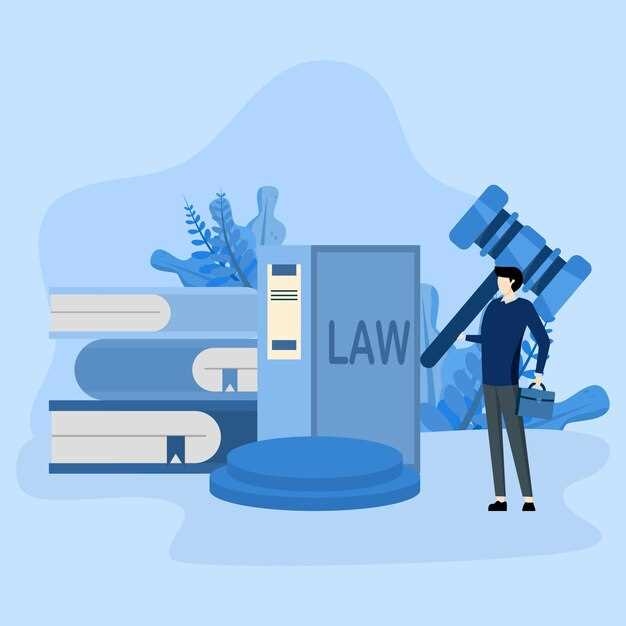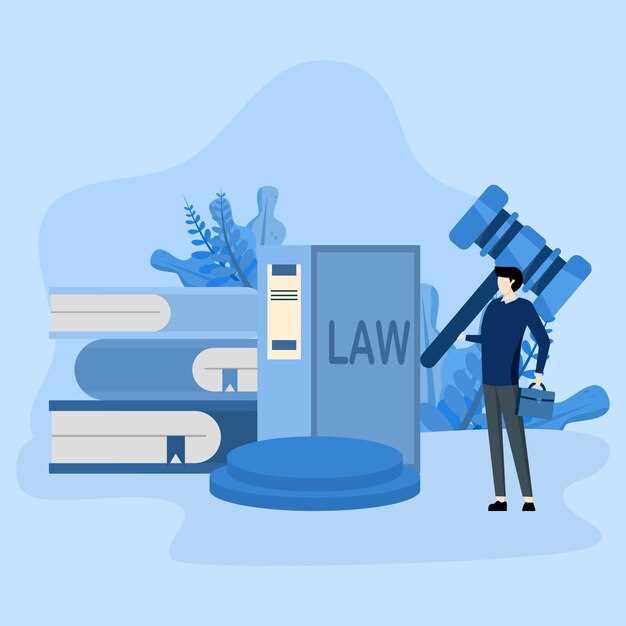

When faced with legal challenges, individuals often find themselves in need of professional guidance and support. In such situations, the provision of legal aid becomes crucial, ensuring that everyone has equal access to justice. However, the eligibility criteria and the process of obtaining legal assistance can be complex and vary from jurisdiction to jurisdiction.
Understanding who qualifies for legal aid and the steps involved in the application process is essential for individuals seeking legal support. It is important to recognize that eligibility for legal aid is not solely based on financial circumstances, but also takes into account the nature and severity of the legal issue at hand. This ensures that those who are most in need of assistance receive the help they require.
Qualifying for legal aid often involves meeting specific criteria, such as income thresholds or demonstrating vulnerability in certain circumstances. Additionally, the process may require individuals to provide relevant documentation and evidence to support their application. It is crucial to be well-informed about the eligibility requirements and gather all necessary information to ensure a smooth and successful application process.
Legal aid plays a vital role in promoting access to justice and ensuring that individuals, regardless of their financial situation, can exercise their rights. By understanding the eligibility criteria and the process of obtaining legal assistance, individuals can navigate the complexities of the legal system with confidence, knowing that support is available to them when needed.
What is Legal Aid and Who is Eligible?
Understanding the concept of legal aid and determining eligibility is crucial for individuals seeking legal assistance. Legal aid refers to the provision of free or low-cost legal services to individuals who cannot afford to hire a private attorney. It aims to ensure equal access to justice and protect the rights of those who may otherwise be unable to navigate the legal system.
Eligibility for legal aid is determined based on various factors, including income level, assets, and the nature of the legal issue at hand. Individuals who meet the specified criteria may be eligible to receive legal aid services, which can include legal advice, representation in court, and assistance with legal paperwork.
Those who qualify for legal aid often include low-income individuals, families, and vulnerable populations such as victims of domestic violence, immigrants, and individuals with disabilities. Eligibility requirements may vary depending on the jurisdiction and the specific legal aid program.
It is important to note that legal aid is not available for all types of legal matters. Generally, it is provided for civil cases, such as family law disputes, housing issues, employment disputes, and certain criminal cases. Each legal aid program may have its own set of guidelines and priorities regarding the types of cases they can assist with.
By providing access to legal representation and advice, legal aid plays a crucial role in promoting justice and ensuring that everyone has a fair chance to assert their rights. It serves as a lifeline for those who may otherwise be unable to afford legal services, helping to level the playing field and address the inequalities that can arise within the legal system.
Overall, understanding what legal aid entails and who is eligible for it is essential for individuals seeking legal assistance and striving for equal access to justice.
Determining Your Eligibility for Legal Assistance

Discovering if you qualify for legal aid can be a crucial step in accessing the necessary support for your legal matters. By understanding the criteria and requirements, you can determine if you meet the eligibility guidelines and proceed with the application process.
When it comes to determining your eligibility for legal aid, it is essential to consider various factors that may influence your qualification. These factors can include your income level, assets, and the nature of your legal issue. Meeting the specific criteria set by the legal aid program is crucial to ensure that you receive the assistance you need.
One of the primary considerations in determining eligibility is your financial situation. Legal aid programs often have income thresholds that applicants must meet to qualify. These thresholds are designed to prioritize assistance for individuals and families with limited financial resources. It is important to provide accurate and up-to-date information about your income and financial assets during the application process.
Additionally, the nature of your legal issue may also impact your eligibility for legal aid. Some programs prioritize cases involving domestic violence, eviction, or immigration matters, while others may have specific guidelines for different types of legal problems. Understanding the specific focus areas of the legal aid program you are applying to can help you determine if your case aligns with their priorities.
It is worth noting that eligibility requirements for legal aid can vary between jurisdictions and programs. Therefore, it is crucial to research and familiarize yourself with the specific guidelines set by the program in your area. This will ensure that you have a clear understanding of the eligibility criteria and can provide the necessary information and documentation during the application process.
In conclusion, determining your eligibility for legal aid involves considering factors such as your financial situation and the nature of your legal issue. By understanding the criteria set by the legal aid program and providing accurate information during the application process, you can increase your chances of accessing the support you need for your legal matters.
The Application Process for Legal Aid
Applying for legal assistance involves a series of steps that individuals must navigate in order to determine their eligibility and access the support they need. This section will outline the process for submitting an application for legal aid, providing a comprehensive overview of the steps involved.
Firstly, it is crucial to gather all the necessary documentation and information required for the application. This may include personal identification documents, financial statements, proof of income, and any relevant legal documents pertaining to the case. Ensuring that all required paperwork is complete and organized will streamline the application process.
Once the necessary documents are gathered, the next step is to complete the application form. This form will typically require detailed information about the individual’s personal circumstances, such as their financial situation, employment status, and any relevant legal issues they are facing. It is important to provide accurate and thorough information to ensure the application is processed correctly.
After completing the application form, it must be submitted to the appropriate legal aid agency or organization. This can usually be done online, by mail, or in person at a designated office. It is essential to follow the specific instructions provided by the agency to ensure the application is received and processed promptly.
Once the application is submitted, it will undergo a review process by the legal aid agency. This review involves assessing the individual’s eligibility based on various criteria, such as income level, assets, and the nature of the legal issue at hand. The agency will carefully evaluate the application to determine whether the individual meets the requirements for legal aid.
During the review process, additional documentation or information may be requested by the agency to further assess the individual’s eligibility. It is important to promptly provide any requested documents to avoid delays in the application process. The agency may also conduct interviews or consultations to gather more information and clarify any details related to the application.
Once the review process is complete, the legal aid agency will notify the individual of their eligibility status. If the application is approved, the agency will provide details on the next steps, such as assigning a lawyer or providing further instructions on accessing legal assistance. If the application is denied, the agency may provide reasons for the decision and information on any alternative options available.
In conclusion, the application process for legal aid involves gathering necessary documentation, completing an application form, submitting it to the appropriate agency, undergoing a review process, and receiving a decision on eligibility. It is important to carefully follow the instructions provided by the agency and provide accurate information to ensure a smooth and efficient application process.
Documents and Information Required for Legal Aid Application
In order to apply for legal aid, there are certain documents and information that you will need to provide. These documents and information are essential for the evaluation of your eligibility and to ensure that you receive the appropriate legal assistance. It is important to gather and submit all the required documents and information accurately and in a timely manner.
Identification: You will need to provide valid identification documents, such as a passport, driver’s license, or national ID card. These documents are necessary to verify your identity and confirm your eligibility for legal aid.
Proof of Income: It is important to provide proof of your income, including pay stubs, bank statements, or tax returns. This information helps determine your financial eligibility for legal aid and ensures that the assistance is provided to those who truly need it.
Residency Status: You may be required to provide documentation regarding your residency status, such as a permanent residency card or visa. This information is necessary to confirm your eligibility for legal aid, as certain programs may have specific requirements based on residency status.
Legal Documents: If you are applying for legal aid for a specific legal matter, you will need to provide relevant legal documents. These may include court summons, legal notices, contracts, or any other documents related to your case. These documents help the legal aid provider understand the nature of your legal issue and determine the appropriate level of assistance.
Additional Information: Depending on your specific circumstances and the nature of your legal issue, you may be asked to provide additional information. This could include medical records, police reports, or any other relevant documentation that supports your case. It is important to provide as much information as possible to ensure a thorough evaluation of your application.
Please note that the specific documents and information required may vary depending on the jurisdiction and the type of legal aid program. It is advisable to consult the relevant legal aid organization or website for detailed instructions and requirements.
Assessing the Merits of Your Legal Aid Application
Examining the Strengths of Your Legal Assistance Request
When it comes to evaluating the worthiness of your application for legal aid, it is crucial to carefully consider the merits of your case. This assessment plays a significant role in determining whether you meet the eligibility criteria and can receive the necessary legal support.
Understanding the Strengths:
One of the key aspects of assessing the merits of your legal aid application is understanding the strengths of your case. This involves examining the essential elements, arguments, and evidence that support your claim or defense. By identifying and highlighting these strengths, you can effectively demonstrate the importance and validity of your legal assistance request.
Evaluating the Relevance:
Another crucial factor in assessing the merits of your application is evaluating the relevance of your case to the legal aid program’s objectives. This involves considering whether your situation aligns with the program’s focus areas and priorities. By demonstrating the relevance of your case, you increase the chances of your application being approved.
Assessing the Impact:
Assessing the potential impact of your case is also essential in determining the merits of your legal aid application. This involves considering the broader implications and consequences of your case, both for yourself and for the community. By highlighting the potential positive outcomes and the significance of your case, you can strengthen your application and demonstrate the need for legal aid support.
Presenting a Compelling Narrative:
Lastly, presenting a compelling narrative is crucial in assessing the merits of your application. This involves effectively communicating the story behind your case, emphasizing the challenges you face, and the importance of legal aid in achieving a fair outcome. By crafting a persuasive and well-structured narrative, you can enhance the overall strength of your application.
In conclusion, assessing the merits of your legal aid application requires a thorough evaluation of the strengths, relevance, impact, and narrative of your case. By carefully considering these factors, you can present a compelling argument for why you deserve legal aid support.
Appeals and Reconsideration of Legal Aid Decisions
Challenging and Seeking Review of Legal Aid Determinations
When individuals are dissatisfied with the outcome of their legal aid application or believe that their eligibility for legal aid has been wrongly assessed, they have the right to appeal and seek reconsideration of the decision. This process allows individuals to present their case and provide additional information or evidence to support their claim for legal aid.
Appeals and reconsideration of legal aid decisions provide an avenue for individuals to challenge the initial determination made by the legal aid authority. It allows for a review of the decision by an independent body or panel, ensuring fairness and transparency in the process.
During the appeals and reconsideration process, individuals may be required to submit a written statement outlining the reasons for their disagreement with the initial decision. They may also be asked to provide any relevant documents or evidence that support their claim for legal aid eligibility.
The appeals and reconsideration process typically involves a thorough review of the initial application, including the eligibility criteria and any supporting documentation provided. The reviewing body will assess whether the decision was made in accordance with the established guidelines and regulations.
It is important for individuals to be aware of the specific deadlines and procedures for filing an appeal or seeking reconsideration. These details can usually be found on the legal aid authority’s website or by contacting their office directly.
Overall, the appeals and reconsideration process plays a crucial role in ensuring that individuals have access to justice and are able to challenge decisions that they believe to be incorrect or unfair. It provides an opportunity for a fair and impartial review of legal aid determinations, ultimately aiming to uphold the principles of justice and equality.


